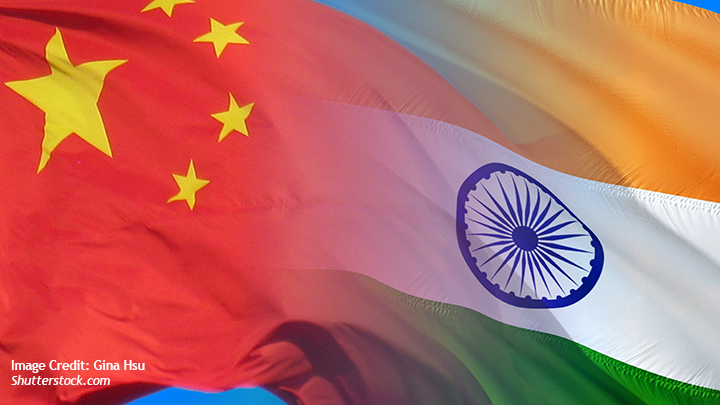Could India’s relationship with China change under the new Modi government?

Jagannath Panda
As the Indian Prime Minister Narendra Modi forms a new government for the consecutive third time after the BJP-led National Democratic Alliance (NDA) coalition secured a comfortable majority in the Indian Parliament, speculations about India’s relationship trajectory with China have been at the forefront. With S. Jaishankar and Rajnath Singh continuing to head their respective ministries of external affairs and defense, the likelihood of major changes in India’s China policy remains negligible.
In other words, India’s policy approach toward China under Modi 3.0 will brook no compromises on the boundary dispute – and thus will overall be non-flexible on strategic security matters; stay on course for strengthening India’s technology-oriented defense cooperation with the United States; and pursue the thus-far successful multi-aligned pointed diplomacy with India’s “like-minded” Indo-Pacific and other partners in Asia (namely Central, East, Southeast, and West) and beyond. In its immediate neighborhood of South Asia, the Himalayan sub-region, and the Indian Ocean region, India will continue to expand its outreach and presence.
The invitation to the leaders of neighboring states, including a hostile, overtly China-leaning Maldives, for Modi’s inauguration amplifies the Indian strategies of “Neighborhood First” and “Security and Growth for All in the Region (SAGAR)” to ultimately prevent China’s growing footprint. In a post-election speech, Modi has already highlighted that the focus will be on expanding defense production and exports for raising India’s self-sufficiency (the much-touted “Atmanirbharta”). In this context, the defense-technological tie-ups with India’s Indo-Pacific partners like the US and France will be a core interest.
At the same time, India’s security relationship with Russia – amid the growing China-Russia convergence – will be of prime importance, given that India has not isolated its historical partner despite pressure from the West in the wake of the Ukraine war. In essence: there will be a shift in India’s approach to China, from territorial to geopolitical, to maintain a rules-based, free, open Indo-Pacific gaining greater steam.
This experts take by Jagannath Panda is published in the ISPI publication titled “India Bridges the G7 and the Global South” at the ISPI, Italy on June 21, 2024.
Related Publications
-
To What Extent is China a ‘Security Threat’?
The current international order, led by the United States, is undergoing phenomenal political, economic, and security changes that will decide whether the order will continue as it is, or a […]
-
Positive Paranoia: Chinese Interpretations of Indo-Pacific Geopolitics
This Focus Asia paper seeks to interpret Chinese narratives on Indo-Pacific geopolitics by reviewing Chinese state media and scholarly opinions on Indo-Pacific geopolitics. For this purpose, the paper also examines […]
-
Not Drawing a Parallel. Ukraine and Taiwan: An Indian Perspective
Russia’s war against Ukraine has not only had economic, diplomatic, and geopolitical repercussions, but also exaggerated the fear of accelerated conflicts in the Indo-Pacific, a region with several unresolved conflicts […]
-
India-Japan-Philippines: A Strategic Maritime Trilateral or More?
Regional states like India, Japan, and the Philippines have been seeking cooperative solutions with other middle powers that can both counter the Chinese influence and fulfill other economic as well […]
-
Can the China-India Bilateral Gain Momentum in 2023?
The Tawang incident in December 2022 was not a surprise. Both India and China have been steadily investing in border infrastructure development as their respective forces have entered into clashes […]




